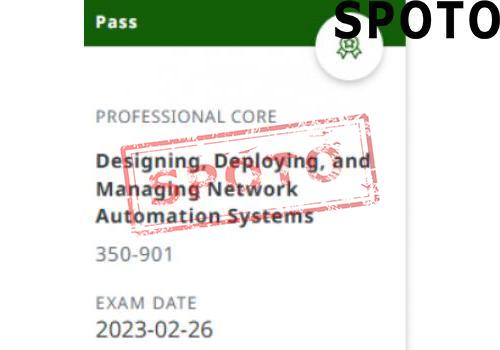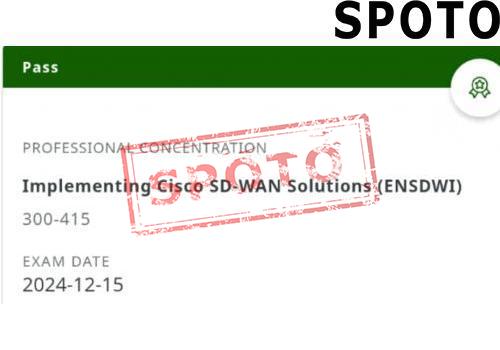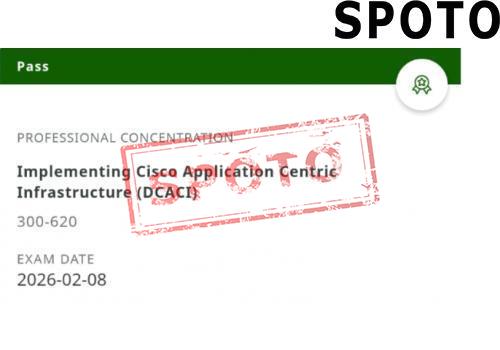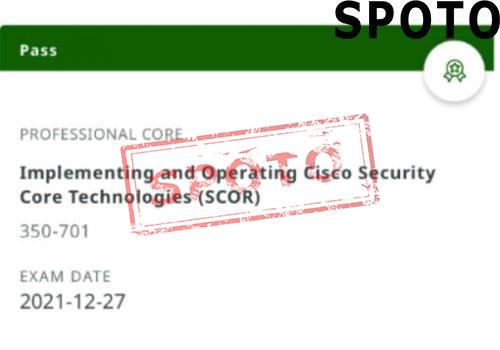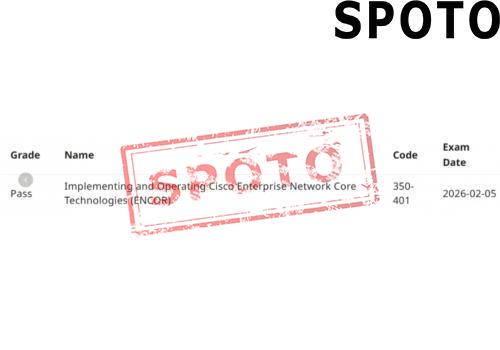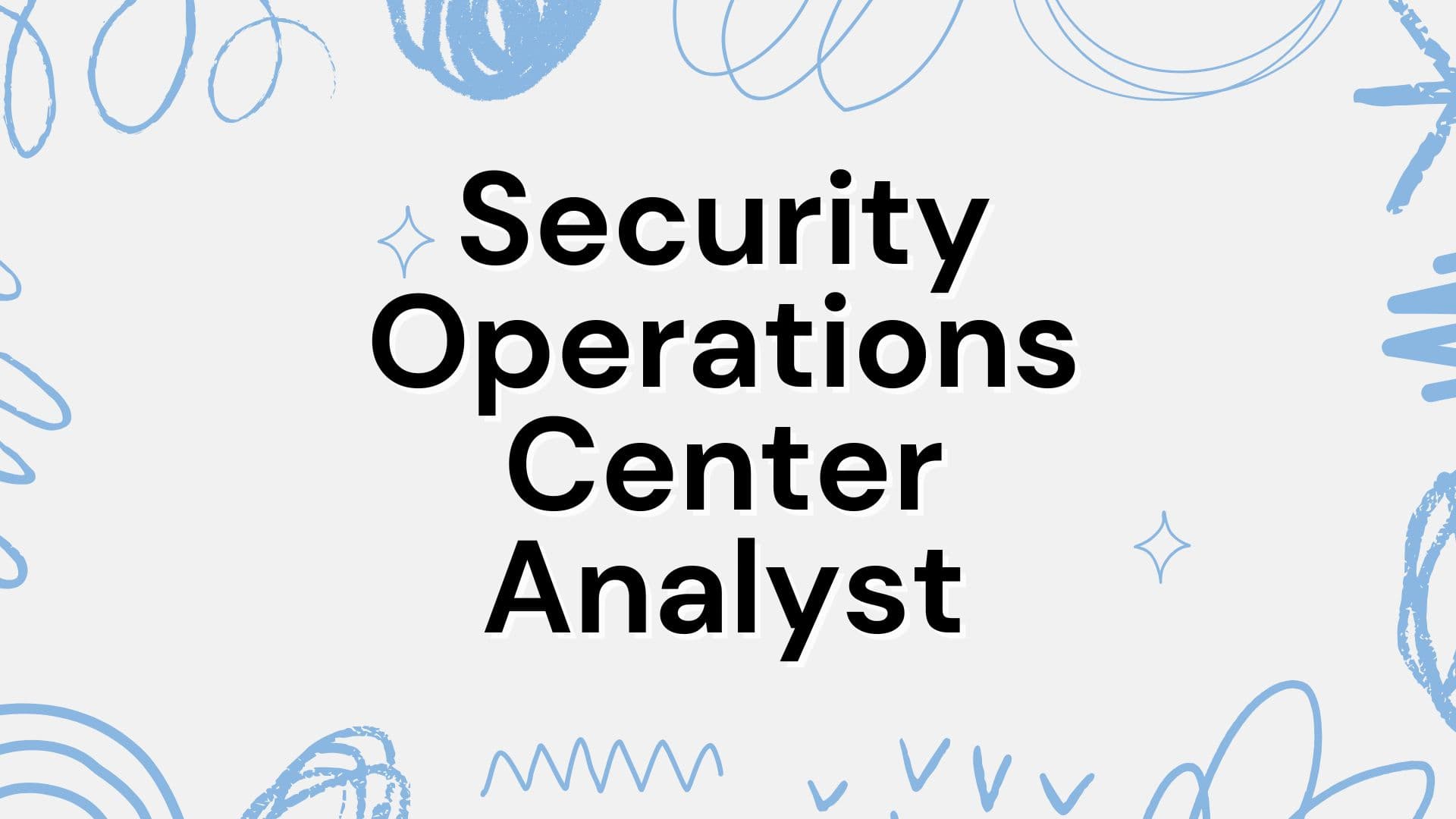
Table of Contents
1. What is a Security Operations Center Analyst?
A Security Operations Center Analyst is a member of the team responsible for monitoring, analyzing, and responding to security issues. The main goal of a SOC Analyst is to prevent cyberattacks. They monitor the network, looking for signs of an attack.
2. What does a Security Operations Center Analyst do?
SOC analysts play a central role in ensuring an organization's network security. They are primarily responsible for real-time monitoring and analysis of log data from endpoint devices (such as laptops, smartphones, IoT devices) and network resources (such as routers, firewalls, IDS, applications, and email gateways) to identify potential security threats in a timely manner. This process is often completed with the help of artificial intelligence tools and in close collaboration with other technical departments (such as the service desk).
In addition to daily threat identification tasks, SOC teams are also responsible for security incident response and recovery. When an organization encounters an attack (such as ransomware or malware), they quickly organize and handle the work to minimize the impact of the incident and maintain business continuity. After the incident is handled, SOC personnel will also perform vulnerability repairs based on the collected logs and threat intelligence, and make improvement suggestions on network isolation, policy optimization, and system patches to continuously enhance the overall defense level.
At the same time, SOC also assists organizations in meeting relevant compliance requirements, such as international security frameworks such as ISO 27001, NIST CSF, and GDPR. In actual work, the SOC team integrates information and data from multiple channels to form a comprehensive view of network activities, which not only helps the company understand the current security situation, but also provides important reference for subsequent security policy formulation and strategic adjustments.
3. Career Insights: Salary, Outlook & Related Roles
(1) Security Operations Center Analyst Salary
According to ZipRecruiter data on May 15, 2026, the average hourly salary for a Security Operations Center Analyst in the United States is $36.38. Salaries range from as high as $69.75 to as low as $17.08, but most Security Operations Center Analyst salaries currently range from $22.31 to $43.17. The average salary range for a Security Operations Center Analyst varies greatly (as much as 20%), which suggests there may be many opportunities for advancement and increased pay based on skill level, location, and years of experience.
(2) Job Outlook of Security Operations Center Analyst
SOC analysts are in wide demand across multiple industries, including finance, healthcare, government, and technology. As remote work becomes more prevalent, many SOC analysts can work remotely around the world, which not only provides greater employment flexibility but also expands career opportunities. In the United States, SOC analysts have the opportunity to advance to senior positions such as SOC managers, incident response directors, and even chief information security officers (CISOs).
(3) Similar Occupations
- Cybersecurity Analyst
- Information Security Analyst
- Threat Intelligence Analyst
- Incident Response Analyst / Specialist
- Security Engineer
- Cybersecurity Engineer
- Malware Analyst
- Reverse Engineer
- Digital Forensics Analyst
- Network Security Analyst
- SOC Team Lead / Security Operations Manager
- SIEM Engineer / SIEM Administrator
- Vulnerability Analyst / Vulnerability Management Specialist
4. What Are the Qualifications to Become a Security Operations Center Analyst?
(1) Obtain a Bachelor's Degree
As with most positions in the security industry, a Security Operations Center Analyst career typically begins with a bachelor’s degree in business, computer science, information technology, or a related field. Additional education, such as an MBA or specialized courses in digital transformation, is often sought after. A master’s degree or industry certification can enhance your career prospects. Many companies also prefer their Chief Technology Officer (CTO) to have a master’s degree in computer science, information technology, or technology management.
(2) Develop professional skills
In the process of serving as a SOC analyst, both solid technical skills and key soft skills are required. In terms of technology, the first thing to do is to master the ability of intrusion detection, which can identify various types of attack behaviors that may exist in the system, from malware infection to potential security vulnerabilities. At the same time, it is also very important to have the ability to respond to incidents, that is, to be able to quickly locate and take measures to minimize losses when an attack occurs. In addition, a good sense of risk management can help analysts evaluate the potential threats of various operations and make decisions on whether to execute or optimize them. On the other hand, ethical hacking capabilities (i.e., conducting system penetration tests or vulnerability scans under compliance) are also important means to evaluate defense capabilities and identify weaknesses.
In addition to technical capabilities, SOC analysts also need to have a variety of soft skills to support their daily work. Problem-solving skills are indispensable, and they need to constantly collaborate with the team to deal with various emergencies. Good organizational skills are also key, because you need to process a large amount of logs and data, and clear organization is required for effective analysis. At the same time, critical thinking is the core quality of the entire position. Analysts must think deeply and make prudent judgments on each step of the operation and its possible impact on the organization to ensure that a reasonable and efficient security strategy is formulated.
(3) Earn Industry Certifications
Possessing certain certifications can be helpful when applying for Security Operations Center Analyst positions, as they can help you develop key skills and knowledge required for the position and make your resume more attractive to employers. Experience in the security center industry is essential to your job search, so you should receive on-the-job training. Many employers want to hire people who have obtained certifications at specific companies. Cisco is one of the most common systems, so obtaining a Cisco certification will give you the best chance of success in the job market.
Cybersecurity Professional certification demonstrates your expertise in cyberattack prevention, incident response, and cloud security. Get Cisco Cybersecurity Professional certification to advance your career.
